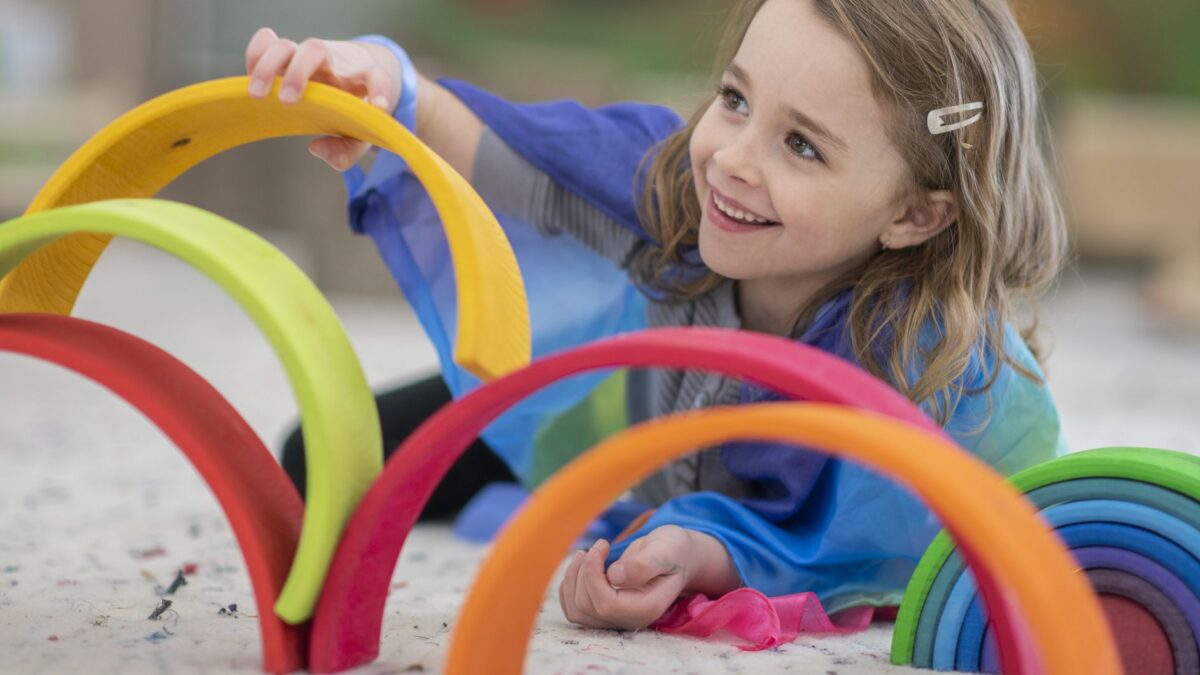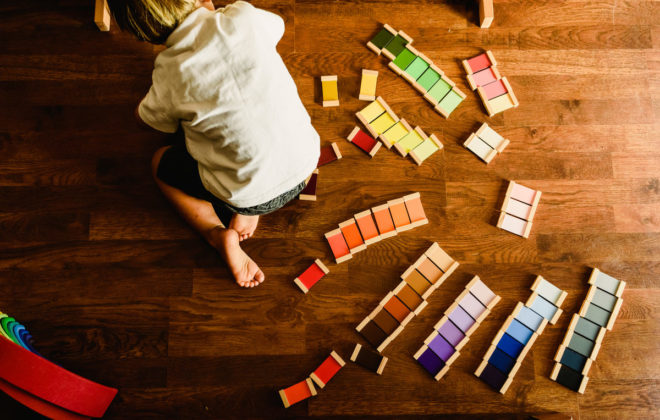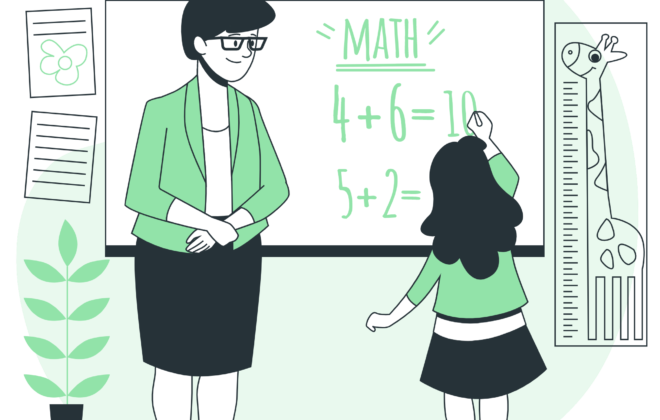Why Play is important in Early Childhood
Studies have shown that playing provides a safe and necessary way for young learners to practice and experience various life skills. That includes problem-solving within a peer group while gaining and enhancing language skills. Through daily play, young children gain valuable life experiences through different roles that will support growth and ultimately translate into adulthood.
According to research, play is essential to developing critical skills, including social, behavioural, language, and cognitive. These skills acquired through play as young learners will grow into beneficial and essential skills used not only throughout childhood but also into adulthood.
An early childhood education setting should be where children discover a love for learning through various play experiences. Current research shows how play has changed and even been eliminated in many early childhood settings. The benefits of play are crucial to allowing a child to develop appropriately. Children’s early years should foster and develop their curiosity through various play experiences.
Maria Montessori believed that play is “child’s work,” meaning that children work when they learn to eat with utensils. Instead, they play when they are provided with the opportunity to create their own utensils out of various materials (wood, glue, string, tape). By adhering in some ways but not others to a tight, overall structure, Montessori education resembles playful learning. The Montessori approach valued the importance of play for learning. Believe that each child has an innate drive to explore and learn from their environment and acknowledge play as the ideal way to provide that opportunity.
Categories
- Announcement (20)
- Event (7)
- Greetings (3)
- News (8)
- Parenting Tips (5)
- School Updates (14)



